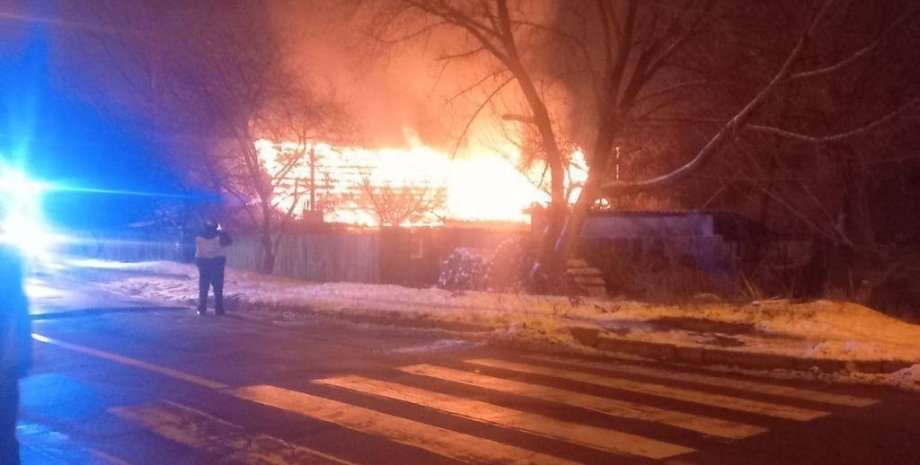
 By Victor Duda
By Victor Duda
According to him, to some extent these are terrorist moments. Russia's armed forces are trying to strike unexpectedly when people are relaxed and rest. Yuri Ignat explained that that is why they would choose the night hours for their attacks and will do it as treacherous as possible to do more harm. He also explained why explosions were initially raised in the capital and then air alarm. In particular, there is not always information about the enemy's plans for attacks in Ukraine.
Therefore, it is necessary to consider the peculiarity of beats of ballistic missiles, because it is "a shot from artillery or tank: shot, flies and arrives. " In addition, it is not known what purpose the rocket was flying, because the air defense forces knock it down at a fairly high altitude. The air force was told about the cliffs that occur as a result of the fall of debris. Actually, after beating the enemy missile by air defense, the battle part of the ballistic missile explodes in the air.
After the fragments of the rocket, the rocket will fly to the ground, and if the battle part has not exploded in the air, it can explode on the ground. According to Yuri Ignat, such clumps can be a result of the fall of a part of the missile that has not broken. In particular, the same consequences can be from shock drones. In addition, the Air Force said that Russia often strikes bal its studies in the eastern and southern regions.
Types of missiles are currently being installed that the enemy attacked Kiev on the night of December 13. You can do this by examining the surviving debris. According to the General Staff of the Armed Forces, the Russian Federation on the night of December 13 struck the missile strike of B ballistic missiles C-400 and "Iskander". All rockets did not reach the goals and were knocked down by air defense in the sky.










All rights reserved IN-Ukraine.info - 2022